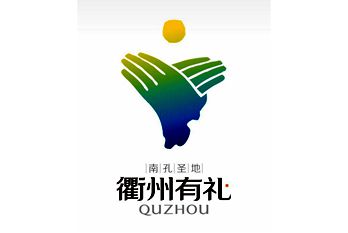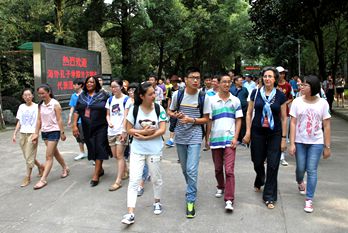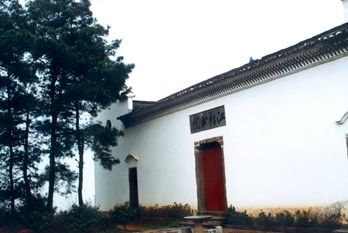Qujiang makes advances in sponge city development
Since 2022, Qujiang district in Quzhou, Zhejiang province, has been actively promoting sponge city development to enhance urban water management using locally tailored technology.
A key project in this initiative is the renovation of Citizen Park, which now effectively eliminates road surface water accumulation by storing rainwater and integrating the "full-area sponge" concept.
As a result, rainwater from surrounding roads is directed into the park, enhancing both its landscape and environmental purification capabilities. The park now features various "mini sponge" facilities, including dry streams, grass swales, permeable pavements, and ecological wet ponds.
Recent continuous rain has tested the effectiveness of these sponge city measures. A visit to Citizen Park revealed wide, clean roads with citizens unaffected by the rain. A local resident, Ms Yu, praised the park's design, noting that the ground absorbs water, preventing waterlogging and allowing her to ride her bike without getting splashed.
Authorities explained that the park's design ensures pathways are higher than green spaces, and dry streams are higher than wet ponds. This allows water to flow naturally and be reused after purification.
To date, the district has developed approximately 3.51 square kilometers of sponge city area, covering 49.58 percent of the built-up urban area.
A sponge city uses buildings, roads, green spaces, and water systems to absorb, store, infiltrate, and slowly release rainwater. This approach enhances flood control, drainage, and the urban ecological environment.

 City brand logo - fist-and-palm salute
City brand logo - fist-and-palm salute Confucianism on campus
Confucianism on campus The culture of the academy
The culture of the academy